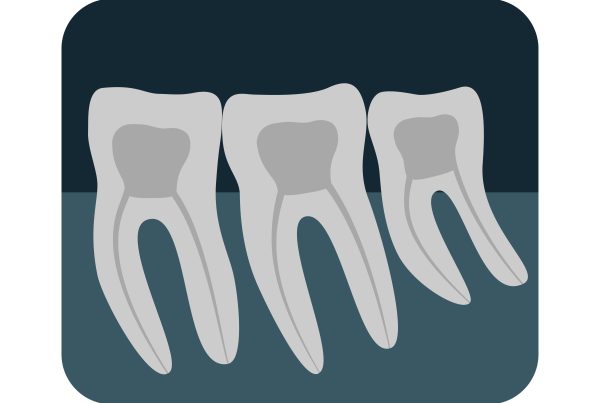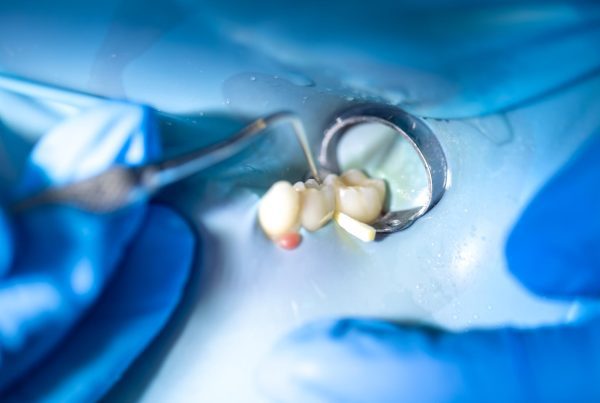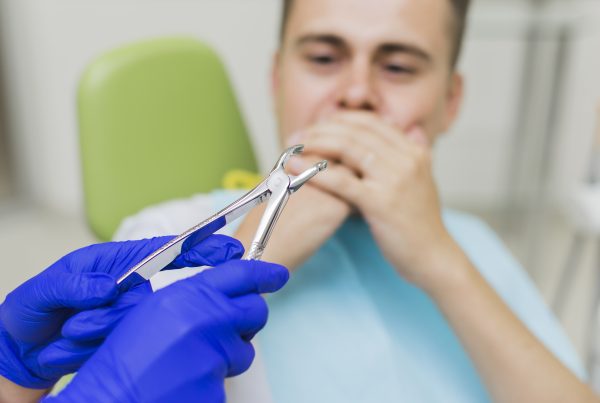An Overview Of Why Your Wisdom Tooth Smells
The distinctive smell associated with wisdom teeth, often referred to as "wisdom tooth smell," can be a source of curiosity and concern for many people. Wisdom teeth, also known as third molars, are the last set of molars to emerge in the back of the mouth, typically in late adolescence or early adulthood. The smell associated with these teeth can be attributed to a variety of factors, including their location, potential for impaction, and the presence of bacteria and food particles. In this exploration, we will delve into the reasons behind the distinctive odor of wisdom teeth and discuss the importance of proper oral hygiene and dental care in maintaining good oral health.

What causes the distinctive smell associated with wisdom teeth?
The distinctive smell associated with wisdom teeth can be attributed to several factors, primarily involving the buildup of bacteria, food particles, and other debris in the area surrounding the tooth. When wisdom teeth emerge, they often do so in hard-to-reach areas at the back of the mouth, making them more difficult to clean properly. This can lead to the accumulation of plaque and bacteria, which can produce an unpleasant odor.
Furthermore, if the wisdom teeth are impacted, meaning they do not fully emerge from the gums, this can create pockets where food particles and bacteria can become trapped, leading to an increased likelihood of infection and a foul smell. In such cases, the bacteria present release volatile sulfur compounds as they break down food particles, which can contribute to the characteristic odor.
In some instances, the presence of decay or infection around the wisdom tooth can also contribute to the development of a foul smell. It is essential to practice good oral hygiene, including regular brushing, flossing, and rinsing, to minimize the buildup of bacteria and food particles, thereby reducing the likelihood of an unpleasant smell. Regular dental check-ups and professional cleanings are also crucial in preventing the accumulation of plaque and bacteria that can lead to an undesirable odor.
How does the positioning of wisdom teeth contribute to the development of a foul odor?
The positioning of wisdom teeth, particularly when they are impacted or partially erupted, can significantly contribute to the development of a foul odor. When wisdom teeth do not fully emerge from the gums, they create pockets and crevices where food particles, bacteria, and other debris can easily get trapped. These hard-to-reach areas are challenging to clean thoroughly through regular brushing and flossing, leading to the accumulation of plaque and bacteria over time.
As bacteria break down food particles and other substances, they release volatile sulfur compounds, which are known to have an unpleasant odor. The presence of these compounds, along with the accumulation of bacteria and debris in the crevices around partially erupted or impacted wisdom teeth, can lead to the development of a foul smell. If left untreated, this condition can potentially progress to more severe issues, such as infection or periodontal disease, which may exacerbate the unpleasant odor.
It is crucial to maintain good oral hygiene practices, including regular and thorough brushing, flossing, and rinsing, to minimize the buildup of bacteria and food particles around wisdom teeth. Additionally, seeking regular dental check-ups and professional cleanings can help identify and address any issues early on, reducing the risk of developing a foul odor associated with the positioning of wisdom teeth. In some cases, a dentist may recommend the extraction of impacted wisdom teeth to prevent further complications and eliminate the source of the unpleasant smell.


Are there any specific oral hygiene practices that can help minimize the smell of wisdom teeth?
To help minimize the smell associated with wisdom teeth, it is crucial to maintain a consistent and thorough oral hygiene routine. This should include brushing the teeth at least twice a day with fluoride toothpaste, paying particular attention to the back molars, including the wisdom teeth. Flossing daily can help remove food particles and plaque from between the teeth and along the gumline, preventing the accumulation of debris that contributes to the foul odor. Additionally, using an antimicrobial mouthwash can help reduce the bacterial load in the mouth, further decreasing the likelihood of a persistent smell. Regular dental check-ups and cleanings are also essential to ensure any potential issues are identified and addressed early, promoting overall oral health and minimizing the odor associated with wisdom teeth.
Are there any natural remedies or treatments that can help alleviate the smell of wisdom teeth?
While maintaining proper oral hygiene is the most effective way to alleviate the smell associated with wisdom teeth, several natural remedies can help reduce the odor and promote overall oral health. One common method is rinsing the mouth with a saline solution made by dissolving salt in warm water. This can help reduce bacteria and alleviate some of the foul odors. Additionally, using natural antiseptic agents such as diluted tea tree oil or clove oil, known for their antibacterial properties, may help to control the bacterial growth in the mouth. Incorporating more fibrous fruits and vegetables into the diet can also promote saliva production, which aids in naturally cleansing the mouth and reducing the buildup of bacteria. However, it’s essential to consult with a dental professional before using any natural remedies to ensure they are suitable and safe for individual use, as some may have potential side effects or interactions.


Can an unpleasant smell from wisdom teeth indicate an underlying dental issue or infection?
Yes, an unpleasant smell from wisdom teeth can indeed indicate an underlying dental issue or infection. This smell is often caused by the presence of bacteria, food particles, and other debris that accumulate around partially erupted or impacted wisdom teeth. If left untreated, this buildup can lead to the development of periodontal disease, which is characterized by inflammation and infection of the gums. Periodontal disease can cause an increase in the foul odor due to the presence of bacteria and their byproducts. Additionally, an unpleasant smell can be a sign of dental cavities, abscesses, or other infections around the wisdom teeth. It is crucial to consult a dental professional if you notice persistent bad breath or an unpleasant smell from the wisdom teeth, as timely diagnosis and treatment are essential to prevent the progression of any underlying dental issues or infections. Regular dental check-ups and cleanings can help detect and address any potential problems early, ensuring optimal oral health and overall well-being.





